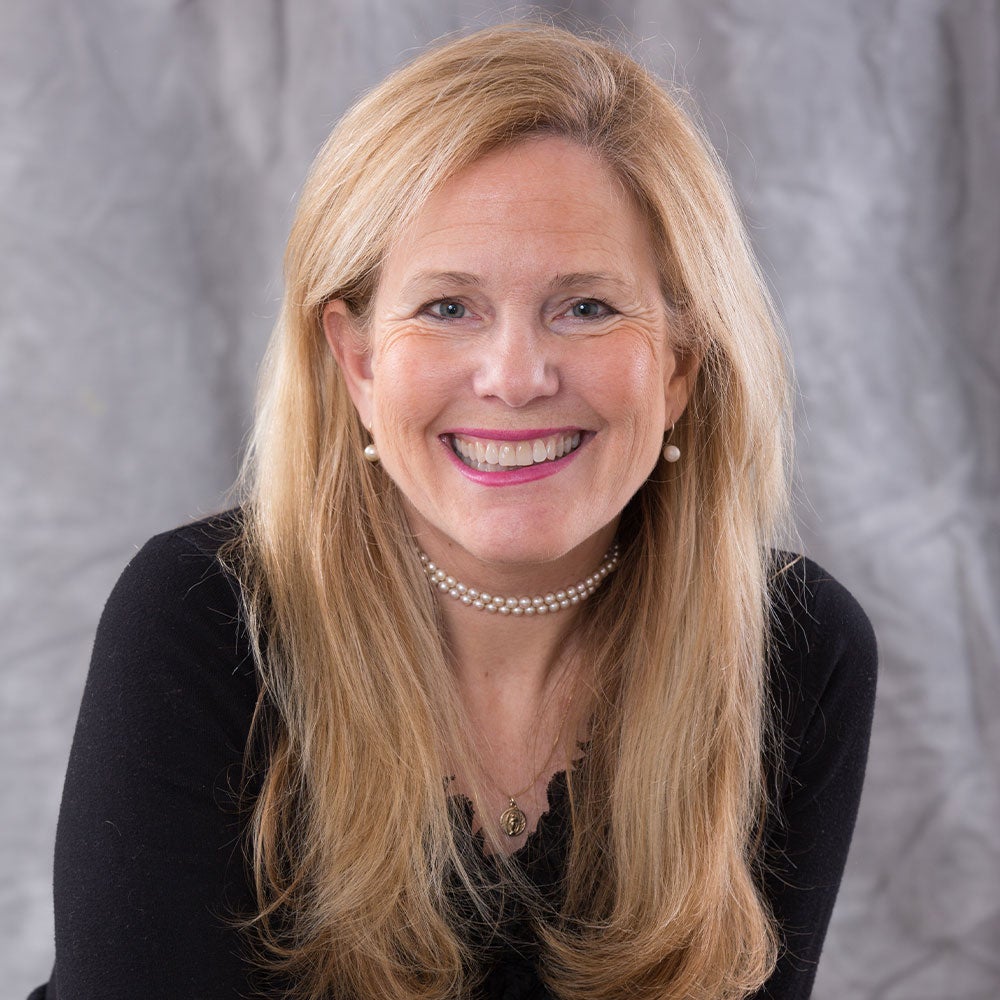Where did you start in your career and how did you become a keynote speaker?
So first, I went to Tufts University and graduated with a political science major focusing on international relations. I wanted to be a diplomat and fly around the world and make friends with everyone. I love making friends and building partnerships and relationships. But I never pursued it because I fell right into a job in the travel and hospitality industry. I worked with the Newport Restaurant Group for 30 years. I now work for a company called Informa for their division called South Florida Ventures. So to summarize, I fell into tourism, events, and business development. At this point, I do business development and sales and marketing the most. I’ve loved all my jobs.
I had been going to conferences and at some point I was asked to present on sales, marketing and corporate sponsorship. So I presented and was asked by audience members to come to various corporations and conferences. It’s been really fun, so between workshops and keynotes, it’s a great life.
How did you get involved with teaching at URI?
Students encouraged the journalism department to bring me in after experiencing my internship. So eventually, I was brought in and started teaching a few courses. Then, my boss at the time asked me if I would start a public relations major. Ultimately, I developed the first courses in PR. So in communications it’s not just journalism and PR; it’s marketing and sales and personal branding and so on.
What has been one of your favorite memories teaching at URI?
I love the students. I love the energy of the students, their intelligence, their depth. URI students are just exceptional. Every student in our classroom has something to offer. I love the camaraderie of our classroom. I believe, when I was in school, you learned everything from the teacher. But now I believe that it’s very mutual. It’s all about shared learning.
What inspired you to write your book “Your someday is now, what are you waiting for?”
I wanted to write the book for my son Samuel. When he was 5 years old, I realized he probably would never be in my class. He’d be in my classroom of life, but he wasn’t going to be in my class as a student. So I wanted to teach him all the principles of what we talk about in class. Originally, I thought I would write it and have one copy made for Sam, but as I started writing the book I had eight different people editing it. From there I was encouraged that this needs to be a real book. I remember when I was right at the finish line with it, and it was one of my students who said, go to press right now. This book is never going to be done because you’re being a perfectionist. When the book was sold, all proceeds would go to nonprofits. So far, we’ve raised over $55,000. That’s a real good feeling.
In ITR300, you have many guest speakers join the class to talk to students about their careers. How do you pick these guest speakers and what qualities do you look for in these individuals?
I’ve been teaching for over 25 consecutive years now. So if over 60 semesters if you have at least ten guest speakers a semester, and there is some overlap, I would say we’ve had over 500. So the way I pick them is through a survey on the first day of class. There are some standards that are always picked, like LinkedIn professionals. The others are after I look at what are people interested in based on the survey? Are they interested in education? Are they interested in pharmacy? Are they interested in communication sports? So I’ll try to get someone in from that genre to be a guest speaker.
What is the best piece of advice you would give to a URI student?
There’s so much advice that I would give. One is, as my grandmother used to say, this is not your practice life. So stop acting as if you have all this time because you don’t. Your time is truncated, and what’s going to set you apart is to have initiative right now, because initiative stands out. So you need to have initiative. You need to set goals, foster friendships and collect people. Collect good people around you. Don’t gossip. Don’t be cruel to each other. Lift each other up, everyone. You realize that your network is going to be one of the strongest that you can have.
Second is, what can you do to give and help your colleagues? It could be helping your professors, using kind language, holding open doors, all different kinds of things in life. Emotional intelligence is so important.

